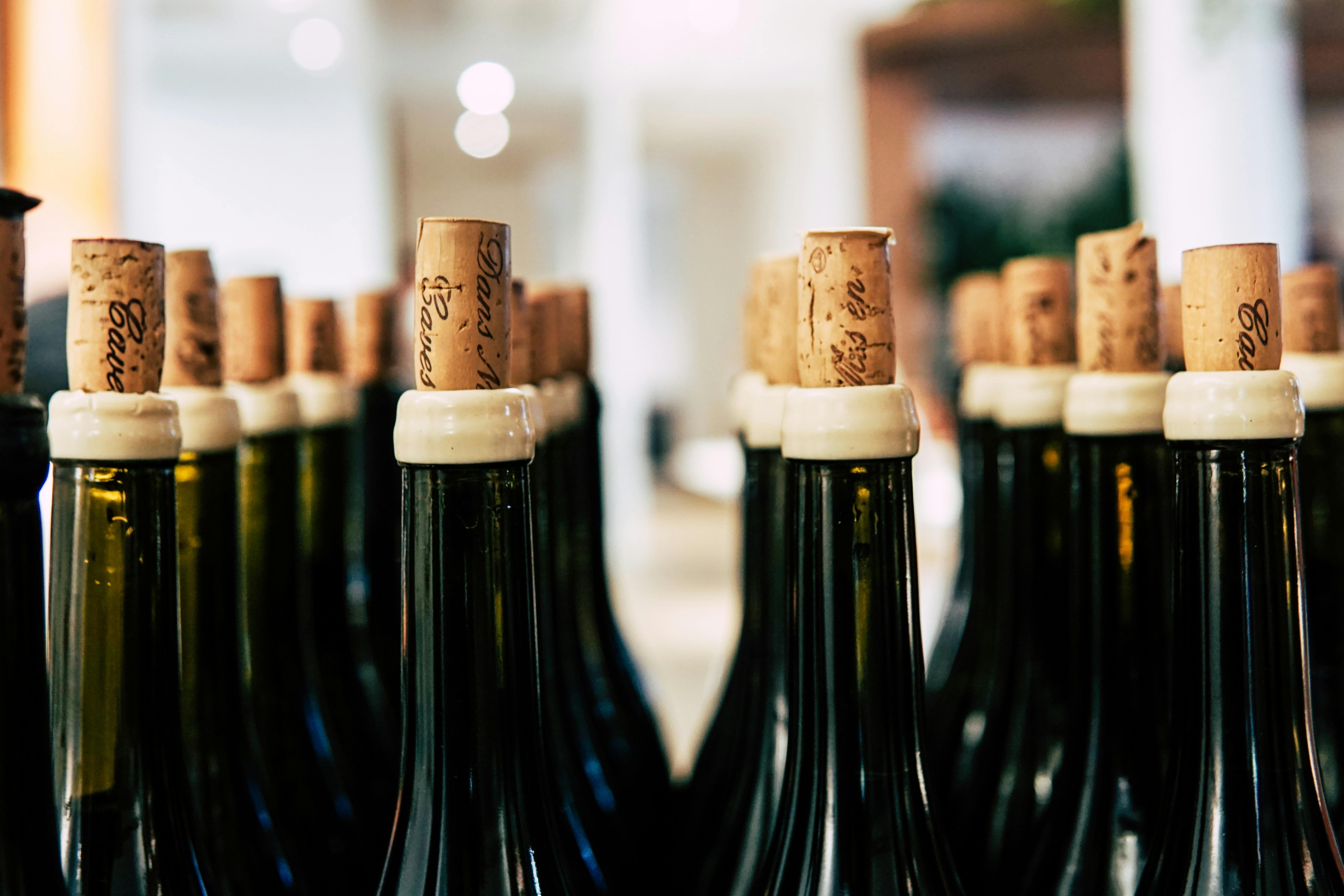When it comes to creating a good bottle of wine, many factors play a crucial role.
From selecting the right grape variety to ensuring proper fermentation, understanding which is required for wine production can make all the difference.
This blog discusses some key elements necessary to produce high-quality wine that offers insights for both novices and seasoned wine enthusiasts.
Selecting the Right Grapes
The foundation of any wine is the grape. Choosing the right grape variety is the first essential step in wine production. Different grapes thrive in different climates and soils, so understanding which grapes grow best in specific regions is crucial. The grape variety determines the wine’s flavor, aroma, and color, making it a fundamental consideration in wine production.

Vineyard Location and Soil
The location of the vineyard is another vital factor in wine production. The climate, altitude, and soil type all significantly impact the grape’s growth and, consequently, the wine’s quality. Ideal vineyard locations often have a combination of ample sunlight, moderate rainfall, and well-draining soil.
Terroir, a French term that encompasses the unique environmental factors of a specific place, plays a critical role in shaping the wine’s characteristics.
For instance, the chalky soils of Champagne contribute to the region’s distinct sparkling wines.
Harvesting
Timing the harvest is crucial in wine production. Grapes must be picked at the right moment to ensure optimal sugar and acidity levels.
Early harvesting can result in overly acidic wine, while late harvesting may produce overly sweet or even spoiled wine.
Winemakers often rely on their experience and sometimes modern technology to determine the perfect harvest time.
Handpicking grapes is a traditional method that helps avoid damaging the fruit, ensuring that only the best grapes are used for wine production.
Crushing and Pressing
Once harvested, the grapes undergo crushing and pressing. Crushing breaks the grape skins, allowing the juice, pulp, and seeds to mix, which is essential for fermentation.
In modern wine production, mechanical crushers and presses are often used to perform this task efficiently.
However, some winemakers still use traditional methods, such as foot treading, to achieve a more artisanal touch.
Fermentation
Fermentation is a critical stage in wine production. During this process, yeast converts the sugars in the grape juice into alcohol and carbon dioxide.
Winemakers can use natural yeasts present on the grape skins or add cultured yeasts to control the fermentation process.
The temperature during fermentation must be carefully monitored, as it affects the wine’s flavor and aroma.
Red wines typically ferment at higher temperatures to extract color and tannins, while white wines ferment at cooler temperatures to preserve their delicate flavors.
Aging and Maturation
After fermentation, the wine undergoes aging and maturation. This stage allows the wine to develop its complexity and refine its flavors. Winemakers can choose to age wine in stainless steel tanks, oak barrels, or a combination of both.
Oak barrels, in particular, can impart unique flavors such as vanilla, spice, and toast, adding depth to the wine. The duration of aging varies depending on the type of wine and the desired characteristics.
Some wines are ready to drink within a few months, while others may require several years of aging.
Bottling and Corking
The final steps in wine production are bottling and corking. Once the wine has reached its desired maturity, it is filtered to remove any remaining impurities.
Proper bottling and corking ensure that the wine remains fresh and continues to develop its flavors over time. Attention to detail during this stage is crucial to prevent oxidation and spoilage.

Quality Control and Tasting
Quality control is essential throughout the wine production process. Winemakers regularly taste and test their wine to ensure it meets their standards.
This involves checking the wine’s acidity, sweetness, alcohol content, and overall balance.
Sensory evaluation through tasting allows winemakers to make adjustments if necessary, ensuring that the final product is of high quality.
Crafting a Fine Bottle of Wine
Understanding which is required for wine production is vital for anyone interested in making or appreciating fine wine.
From selecting the right grapes and vineyard location to mastering fermentation and aging, each step plays a significant role in creating a good bottle of wine. While the process can be complex, the result—a delightful wine—is worth the effort.
If you’ve ever dreamed of owning a vineyard, consider exploring opportunities like those offered by Own A Napa Vineyard.
Our expertise can help you learn the intricacies of wine production, ensuring you have everything you need to produce exceptional wine.
For more information, visit our website!





